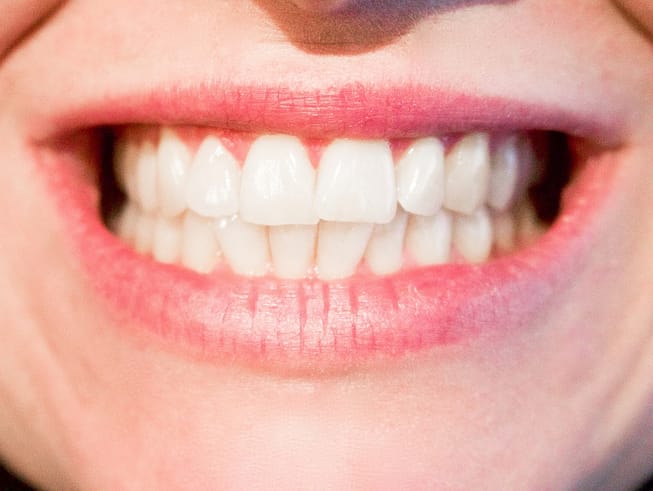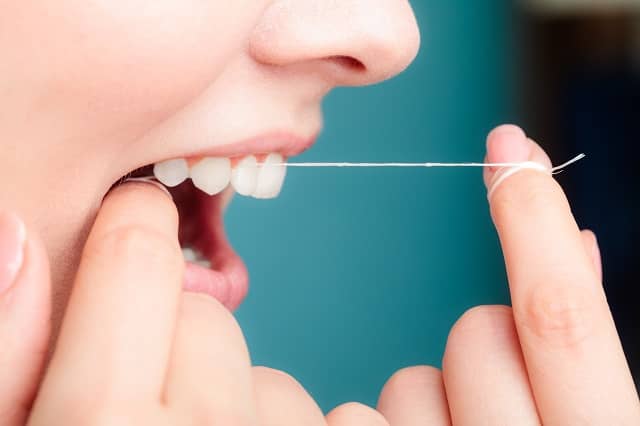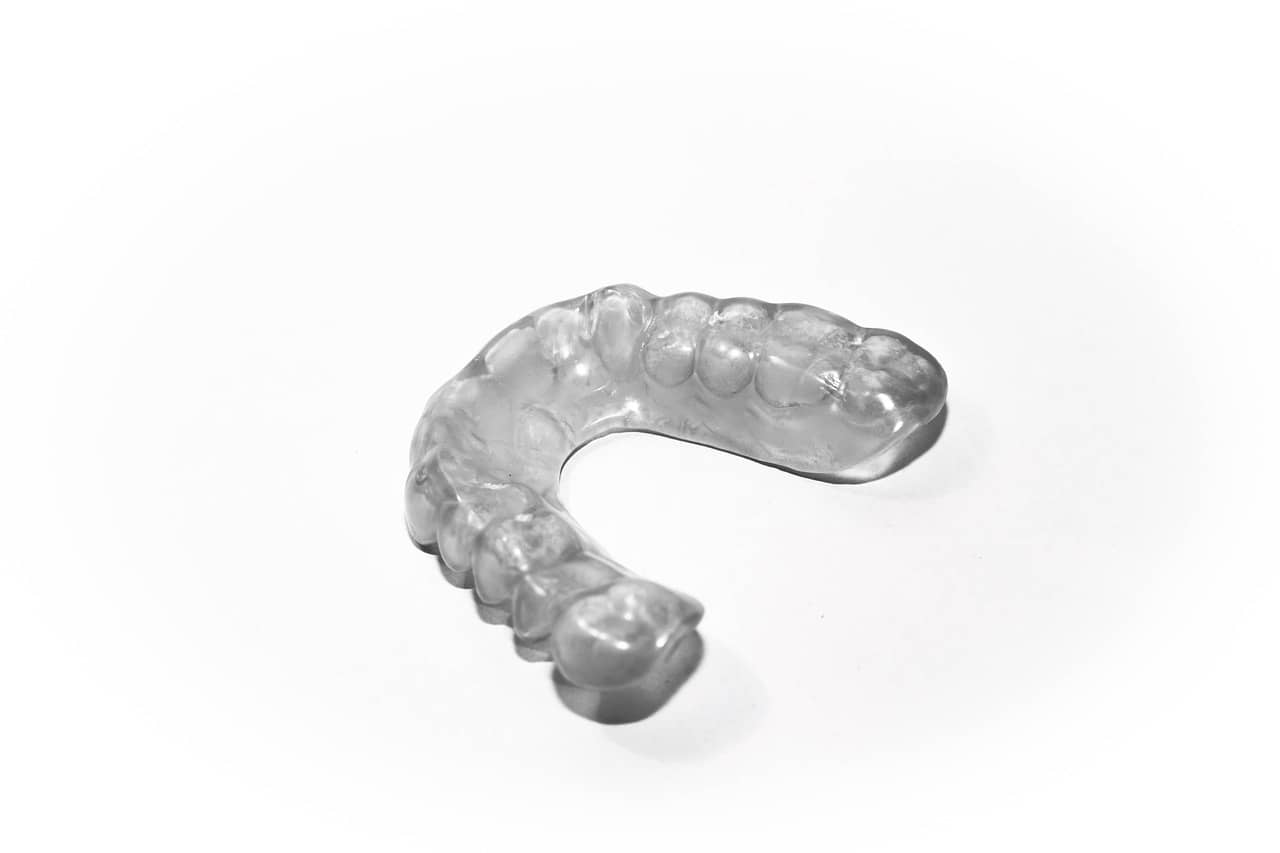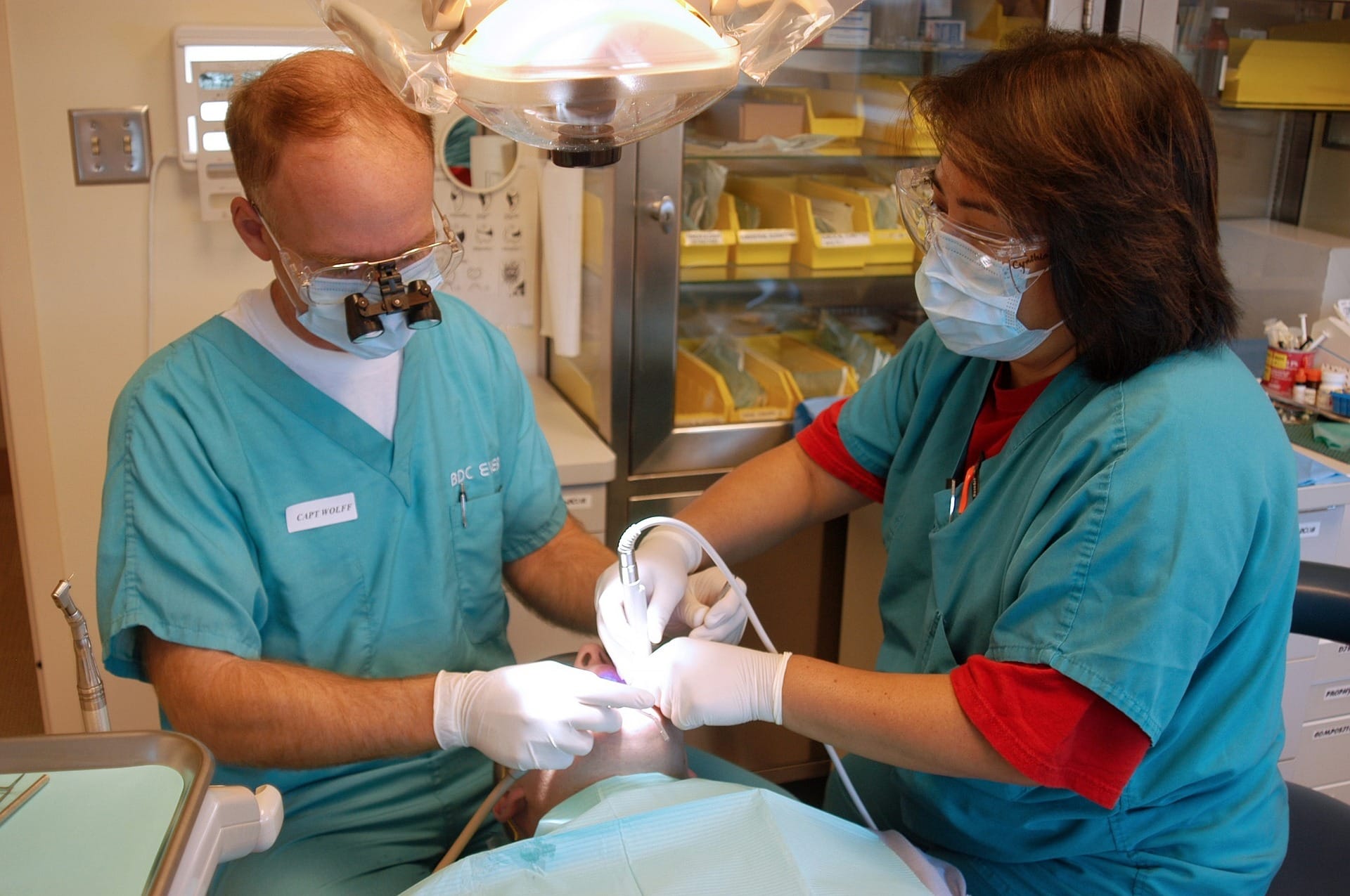Do you grind, gnash or clench your teeth? You may not be aware of it yourself, but your partner may have been woken up a few times by the noise you make in your sleep. You may also be doing it unconsciously while you’re awake.
Bruxism or teeth grinding is a disorder that affects both children and adults alike. It may occur during sleep (nocturnal bruxism) or happens during daily activities (awake bruxism). The condition has been linked to many different causes including physical, psychological and genetic factors. People who clench or grind their teeth while asleep are more likely to have a sleeping disorder. Awake bruxism has been associated with stress, anger, anxiety, depression, medication, and deep concentration.

Signs and Symptoms
Because teeth grinding is involuntary, people who brux are mostly unaware of their condition. In most cases, they won’t know they have it until someone else notices. You may however see these changes in your body which are signs and symptoms of bruxism:
- teeth grinding or clenching noise when asleep
- flattened, fractured, chipped or loose teeth
- hypersensitive teeth
- damaged tooth enamel
- teeth indentations on the tongue (scalloped tongue)
- inflammation of periodontal ligaments
- tiredness or tightening of the jaw muscles
- dull headaches
- sleep disruption
When to Self-help and Seek Help
Bruxism doesn’t usually develop into more serious complications. However, when left untreated it could lead to damage to your teeth, fillings, crowns or jaw. It could also develop into tension-type headaches, severe facial or jaw pains, and temporomandibular joint (TMJ) disorders.
So, when you notice any of the signs listed above, it’s high time do something about it. Here are some strategies you can do to help stop teeth grinding:
- Use of a custom made splint to keep your teeth separated and avoid further damage caused by clenching or grinding.
- Reduce stress by drinking camomile tea or taking a warm bath before bed.
- Avoid caffeine and alcohol as they have been known to increase anxiety.
- Take time to relax and unwind just before bedtime. Take a soothing warm bath or massage to relieve your body of any tension.
- Avoid chewing gum and other stuff like pens or pencils so your jaw doesn’t get used to clenching.
- Be more aware of your own self. Practice proper mouth and jaw position during the day by trying to keep your lips close while your teeth apart.
If these strategies don’t improve your symptoms, seek professional help.
- See a counsellor to deal with your stress and anxiety.
- Visit a sleep medicine specialist if you have a major sleep disorder.
- Ask your GP for a change of medication if your bruxism is a side effect of a drug you are taking.
- Visit your dentist. Dental damage such as chipped teeth, severe tooth wear, etc may need immediate attention. Your dental professional may also do further evaluation to determine the extent of bruxism by checking for tenderness in your jaw muscles, dental abnormalities, and other damage to your teeth, jaw bone, and the inside of your cheeks.
Stop teeth grinding from becoming a serious problem. Ring us at (03) 9041 5301 to see one of our dental professionals today!





